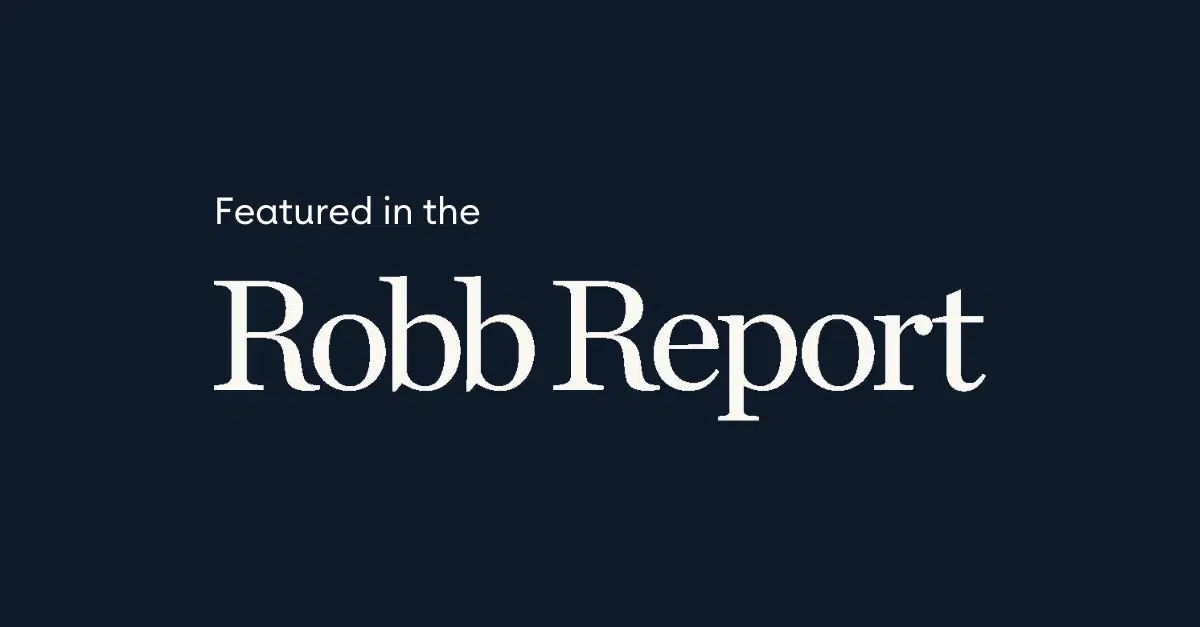Donor due diligence in modern philanthropy: New class of due-diligence companies

This article was originally published in the Robb Report here.
For decades, the Sackler family was synonymous with generosity, their name gracing institutions like Harvard, the Metropolitan Museum of Art, and the British Museum. However, revelations about Purdue Pharma, the family business behind the opioid crisis, changed everything. The backlash against the Sacklers sparked a reckoning across the philanthropic world, as institutions faced scrutiny over the origins of their donations.
This has prompted a new era of donor accountability. Organisations now wrestle with balancing financial needs against reputational risks. Enter companies like Xapien, pioneers in using AI to vet potential donors comprehensively and efficiently. Founded in 2018 by Dan Secretan, Xapien applies expertise from financial crime investigations to the nonprofit sector. The AI-powered tool analyses open-source intelligence to generate detailed donor profiles in minutes, addressing everything from legal compliance to ethical concerns.
Previously, donor research relied on manual efforts—labor-intensive and often unaffordable for smaller institutions. While anyone can do a Google search, it can be both limiting and overwhelming. “The information is out there, but it’s very hard to find it, distill it, and make use out of it,” says Dan Secretan, COO at Xapien.
Today, tools like Xapien streamline the process, making thorough vetting possible. The University of Pennsylvania, Tufts University, King’s College London and many more now use Xapien to assess potential donors and board nominees, enabling more informed decisions.
In 2023, the University of Pennsylvania adopted Xapien to enhance its donor vetting processes after learning about it from another university. Kathleen Martino, Associate Director of Prospect Research highlights how Xapien has transformed her work, making research faster and more comprehensive. “The wonderful thing about Xapien is it’s doing a function that we used to have to do step-by-step.”
Rather than searching everything separately—lists of sanctioned individuals, criminal records, the subject’s charitable foundations, and such—Martino can pull together a comprehensive report with Xapien, which she then hands off to a development officer.
At that point, if there are red flags, “there is actually a committee process that senior leadership and potentially even legal get involved in where it will be discussed as to what is the reputational risk to the university.” Take into account that Penn does such checks not only on donors but also on nominees for boards, adviserships, and the like, and it becomes apparent what a heavy lift it can be.
By undergoing this scrutiny early, donors can ensure their contributions align with the values and standards of the institutions they support. This proactive approach not only protects the integrity of the recipient organisation but also preserves the donor’s legacy. Because there are few things more humiliating than watching your name being chiseled off the walls of an illustrious institution.
This article was originally published in the Robb Report here.
AI insights, straight to your inbox
Stop searching.
Start knowing.
Search engines are great but they are only the starting point. Finding, reading and condensing the full picture is slow, hard, and painstaking work. Xapien can help.